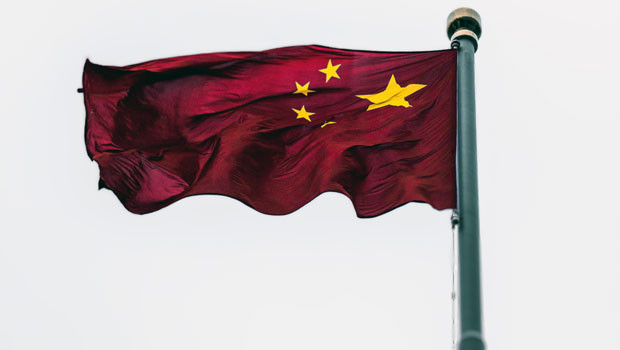Biden administration to hike tariffs on $18bn of Chinese goods

The Biden administration announced significant tariff increases on $18bn worth of Chinese imports overnight on Monday, targeting sectors such as electric vehicles (EVs), solar panels, steel, aluminium, and more.
According to CNBC, the hikes are set to take effect this year, and were introduced as part of an effort to shield American industries from what the White House deemed as unfair competition.
US president Joe Biden intended to quadruple tariffs on Chinese EV imports, raising them from 25% to 100%.
Similarly, tariffs on Chinese solar cells would double from 25% to 50%, while some Chinese steel and aluminium imports would see tariff increases from 7.5% to 25%.
Additionally, the tariffs on lithium-ion batteries for EVs and lithium batteries for other applications would more than triple, and tariffs on imported Chinese semiconductors would double, starting in 2025.
The administration was also expanding the scope of tariffs to include first-time tariffs on items like medical needles, syringes, ship-to-shore cranes, rubber medical gloves, respirators, and face masks from China.
Some products, such as batteries and natural graphite, would have longer phase-in periods for tariffs to allow the US manufacturing sector to ramp up production domestically.
CNBC said the actions stemmed from concerns about China's overproduction, particularly in the clean energy sector, which could flood global markets and undermine nascent industries in other countries.
Treasury secretary Janet Yellen previously criticised China's subsidies for clean energy manufacturing, alleging that they distorted global prices and production patterns.
The timing of the tariffs coincided with the White House's ‘Infrastructure Week’, where Cabinet officials were promoting Biden's infrastructure and clean energy investments.
The administration argued that these tariffs were necessary to prevent cheap Chinese goods from hindering America's progress in these sectors, CNBC reported.
Reporting by Josh White for Sharecast.com.